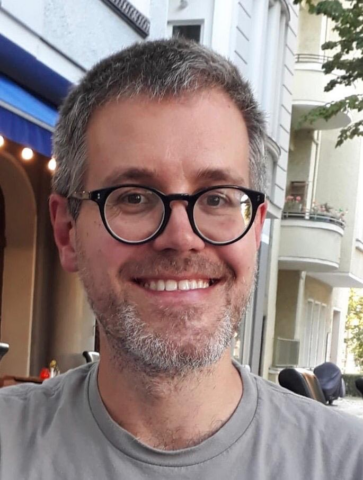
ダウンロード
場所
DIJ Tokyo (access)
登録情報
This is a past event. Registration is no longer possible.
DIJ Mailing Lists
Please subscribe below to stay informed about our research activities, events & publications:
Film Stardom and Representation: Takamine Hideko and Women in Post-War Japan
2022年11月17日
Till Weingärtner, University College Cork, Ireland
Takamine Hideko (1924-2010) is revered and celebrated as one of Japan’s major film stars of the 20th century. She is well remembered for her appearance in seminal works in the Japanese film canon, but also for her work as an essayist. In her essays she not only provides insights into her views on Japanese cinema, but also actively shapes her own persona and the public view of her long career. Often celebrated for her collaboration with major film directors such as Kinoshita Keisuke or Naruse Mikio, Takamine’s own career makes an interesting case study for understanding what film stars in post-war Japan represented for their audiences. Takamine had appeared in propaganda films during the wartime period and later appeared in roles presenting and interrogating new ideas of gender and the role of women in post-war Japanese society. The tensions arising from this can be seen reflected not only in Takamine’s film roles but also in aspects of her public persona and her image as a popular film star, especially among her female fans. Following the Star Studies approach, this talk examined a number of seminal films and key events in Takamine’s biography in relation to post-war Japanese society. It explored what Takamine could have represented to her contemporary audience and why she still continues to be a popular film star even today.
Till Weingärtner is lecturer in Contemporary East Asian Studies (Japan) at the University College Cork. He has also served as Director of the Centre for Advanced Studies in Languages and Cultures (CASiLaC). Since his student days his research has primarily focused on Japanese comedy. During his postgraduate research on Japanese comedy at Kansai University (Osaka) he tried his hand at stand-up comedy even winning an award and hosting a local radio show with his Japanese comedy partner. These experiences in the Japanese entertainment industry had a big impact on his research interests and he remains interested in performance, not only from an academic position but also by organising performances for Japanese artists as well as at times still performing himself in Japanese, German and English.